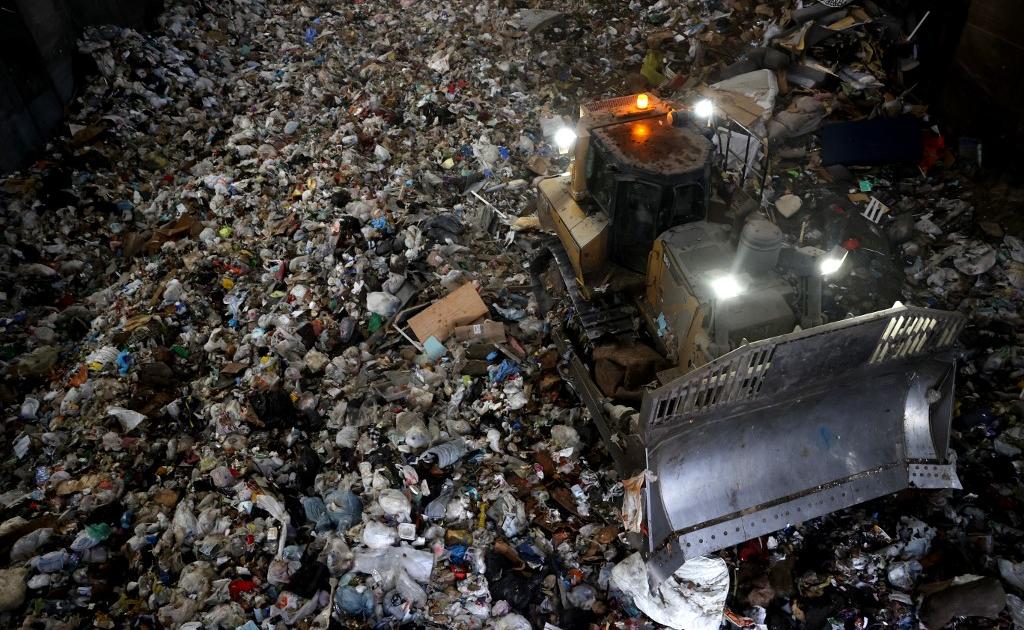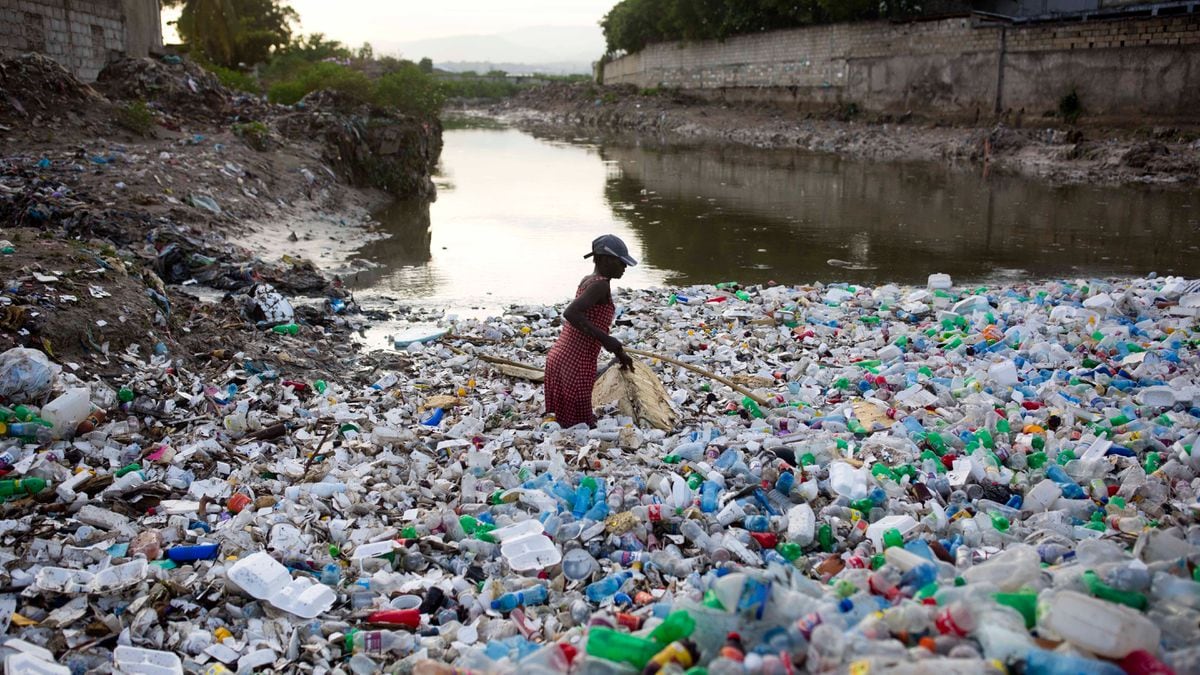California has passed legislation to dramatically reduce non-recyclable plastic packaging and expanded polystyrene within ten years, an effort that will be up to industry to implement and fund under the legislation .
The text, which only awaits the signature of Governor Gavin Newsom to come into force, stipulates that at least 30% of plastic packaging sold or used in California must be recyclable by 2028, a proportion which must be at least 65% by January 1, 2032. The incineration or conversion of this waste into fuel is not part of the forms of "recycling" allowed.
Read alsoPlastic pollution: California opens an investigation into the role of the petrochemical industry
The law also tackles the pollution of expanded polystyrene food packaging, frequently used in the United States in take-out restaurants for cups or dishes.
Unless producers are able to prove that at least 25% of this packaging is recyclable by 2025, it will no longer be able to be used in the state at all.
For environmentalists, this goal is impossible to achieve, which for them amounts to a
"de facto ban"
on polystyrene food packaging.
"This is the most demanding legislation in the country for the reduction of plastic waste"
, welcomed the environmental NGO The Nature Conservancy.
Read alsoPlastic: what is the problem?
In California, a wealthy state that wants to be at the forefront of environmental protection, about 85% of plastic waste escapes recycling and ends up in landfills.
In 2021, this rate was only 5% for the whole of the United States.
The new Californian law does not just lay down rules for recycling, it makes manufacturers directly responsible for the implementation and financing of these measures.
"Reducing plastic pollution at the source will at the same time reduce emissions into the air and water and reduce the plastic dumped in our oceans"
, wrote on Twitter the NGO Oceana.
Companies or "entities" that do not comply with this law are liable to fines of $50,000 per day.















